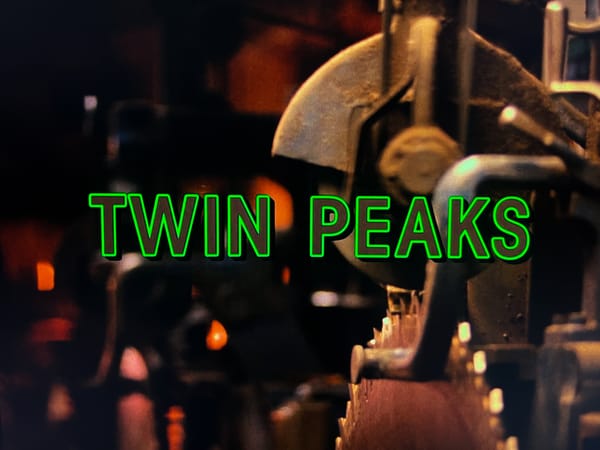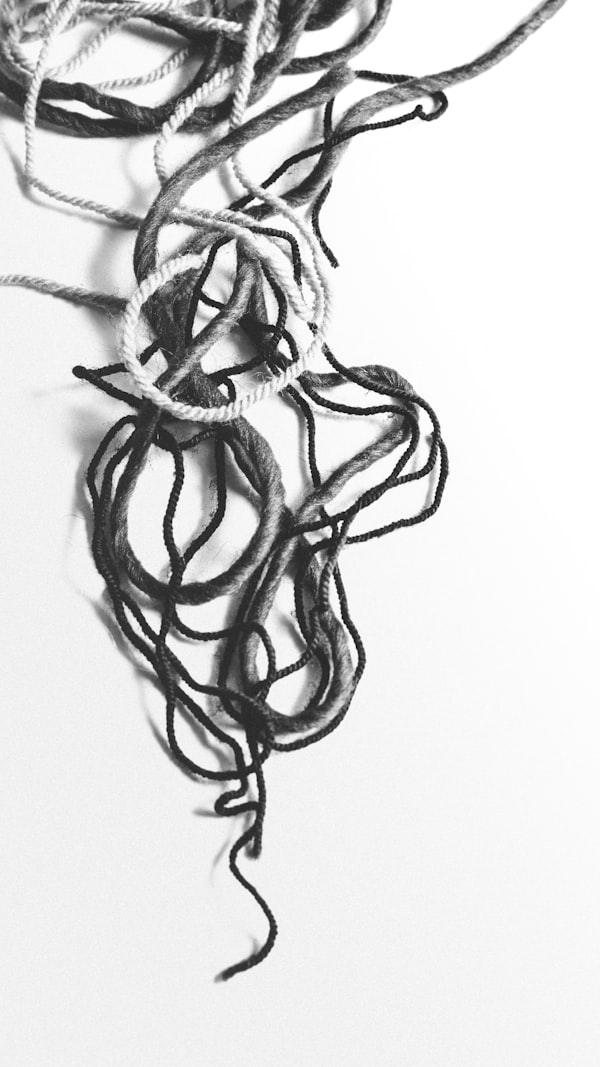Smooth Skinned
By Rebecca M. Zornow
At the nuanced age of 33.66, I wear the high-waisted mom pants back in vogue. After a fruitless search for the ideal hairstyle that is beautiful, sophisticated, and easy to manage, I settle for parting my hair in the middle as I see done on TikTok. And yet, coarse gray hairs refuse to be tamed. Fine wrinkles fan the creases of my eyes. I want to put off the inevitable pull of entropy on my body, appear as if I’ll always be 22.33 years old, but more than that, I know I already played my wild card. I must resist aging because the only thing more unimaginable to me than having a scarred face is having a scarred face and being old.
In the eighth grade, I was injured in a horse accident. My sweet bay horse panicked and pulled back while being saddled. A rope broke and a metal crosstie swung into my face. I fell from the blow into a long summer full of doctors.
Though I recovered, my left lower eyelid scarred badly. It does not squint. It waters copiously, making it appear I’m crying, even in the most awkward of social situations.
In a culture hyper fixated on perfect bodies, my ruined eyelid has been a burden, first as a teenager when I underwent multiple surgeries and wore an IV for a month, and then as a woman in her twenties. With each new friend circle or workplace, I had to explain away thick tears tracking slowly down my cheek or ask that a group picture be taken once more on my behalf.
The paper-thin scar around my eye holds me back from being beautiful. So, I compensate. A face like this means I must demand my post-pregnancy body to morph into an unpregnancied one. While a few grays are acceptable, they shouldn’t stick up quite so noticeably. Haven’t I already undergone enough?
Those were the thoughts that tumbled in my head last week.
This week, I’m at a writing retreat house. Acres of snow surround me. At night, the writing center across the road provides a few lights, stark in the winter dark. I have come so I can focus on turning my manuscript into a book.
As I polish ideas and stitch sentences together, I also carve out space to practice yoga and hike—which I do to resist aging. It’s a bonus if I enjoy it. I stretch. Make a salad. Swallow the vitamins. It’s not self-care, it’s self-maintenance. If I don’t do it, I will promptly sag and wither.
When I look in the retreat house mirror to comb down those pesky gray hairs, the lightest of scars indents my eyelid. It is more severe in the sun, more ghastly in a photograph, but every mirror reflects back someone who has not recognized herself since she was in middle school.
I wake each morning and immediately sit at the desk to edit. I meet 9 out of 10 of each day’s writing goals. It is adequate. I am a working woman, a machine that does her job.
So, on the fifth day of the retreat, I schedule a massage. Other massages in my life were to lube me up for a romantic weekend or to whisk away stress so I could work more. This time, I get the massage because that’s what one does to celebrate something. And I am a writer on a writing retreat, days away from a milestone in her second book.
In a businesslike manner, much like myself, the masseuse vigorously rubs my muscles and pushes on pressure points. I am surprised when she recites what areas of my foot are connected to my kidneys, tailbone, and fallopian tubes. On my chest, she carefully places a dab of rose oil from her guru, Amma, the hugging saint.
She tells me that I am doing a good job taking care of my body. That I am doing intense cerebral work on my writing retreat and this massage is my body’s right to a break, a thank you for carrying me through. That I am showing appreciation and care for myself.
I didn’t know one could appreciate a body with gray hair, a scarred eye, and wreaths of stretch marks. I’ll admit I had heard of it but thought it an urban legend.
When the masseuse leaves the room, I slowly sit upright. The warm blanket falls to my waist. For a moment, I look out the floor-to-ceiling window. Bare tree trunks stand in a thin layer of snow, waiting for their spring dressing. In the mirror, I see my stubborn eye. The signs of aging that continue to tick. My naked body stares me down. The being that has worked and labored to give me life. The being that has gifted life to others. The being that has lent life to otherwise simple collections of words.
At last, it blinks.
Rubbed with a spiritual leader’s own rose oil, I realize it is time to stop pretending to be young.
One of the characters I am working on is a Native woman like those in my family. In a much different life, she lives in a futuristic shanty town and is worried about the fallout that will come if she’s caught working with law enforcement. But the agency offers her a new life in exchange for her help, including surgery for her cleft palate. It is a hard offer to resist.
They say write what you know. And when you are young and smooth skinned and have not yet been touched by the world, you don’t know much.
I will strive to accept my grays. Accept that crop tops are a part of someone else’s future. Accept that the price of knowledge lingers in the marks the world thrusts upon you.
Rebecca is the 2020 winner of the Hal Prize, a 2016 Peace Corps Storytelling finalist, and has written for numerous print and digital publications. Her debut novel, It’s Over or It’s Eden, is a first contact novel set in the Rocky Mountains. Her novel, Dangerous to Heal, is the first book in a space opera duology. She is a member of the Science Fiction and Fantasy Writers Association.




